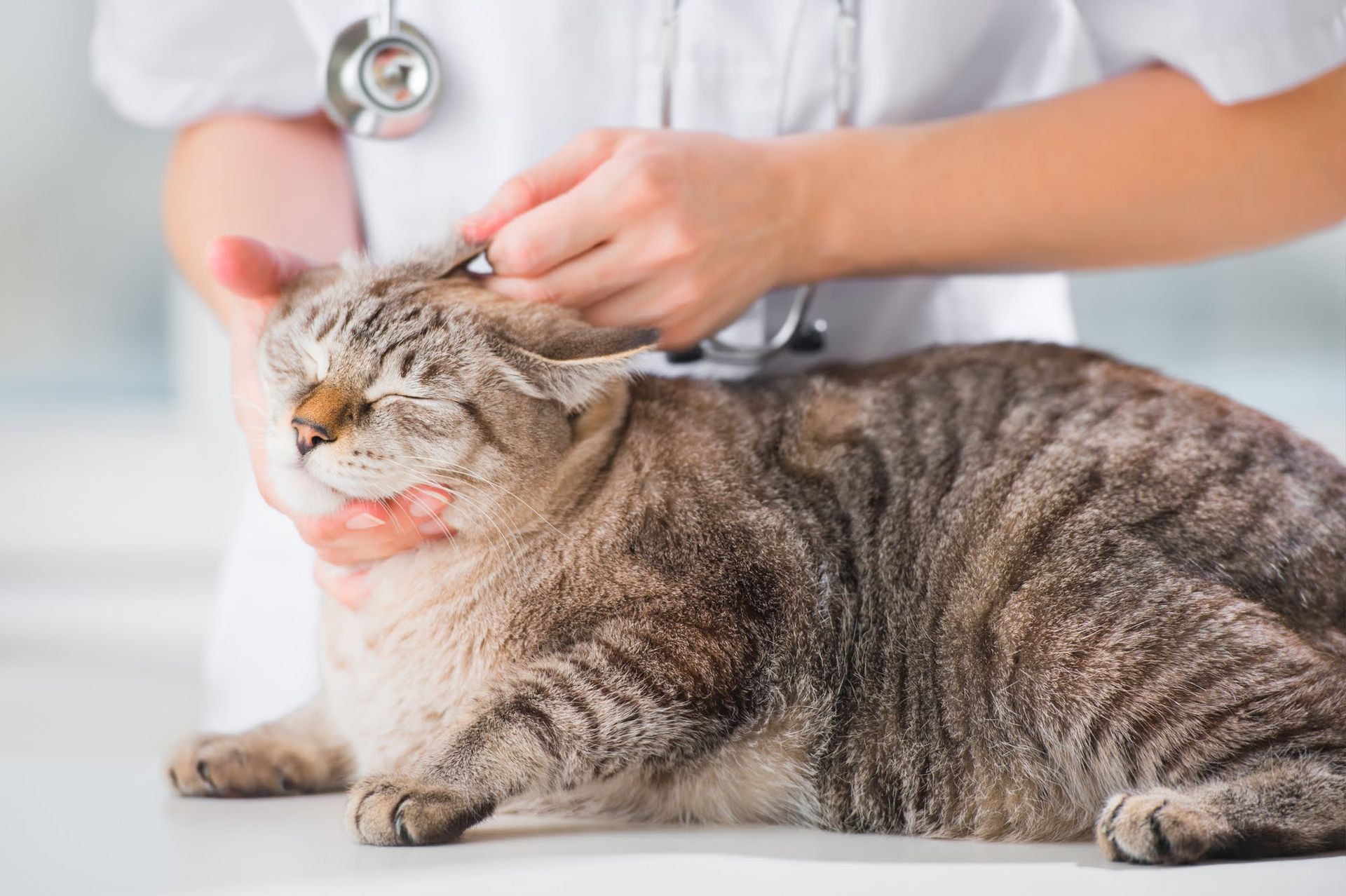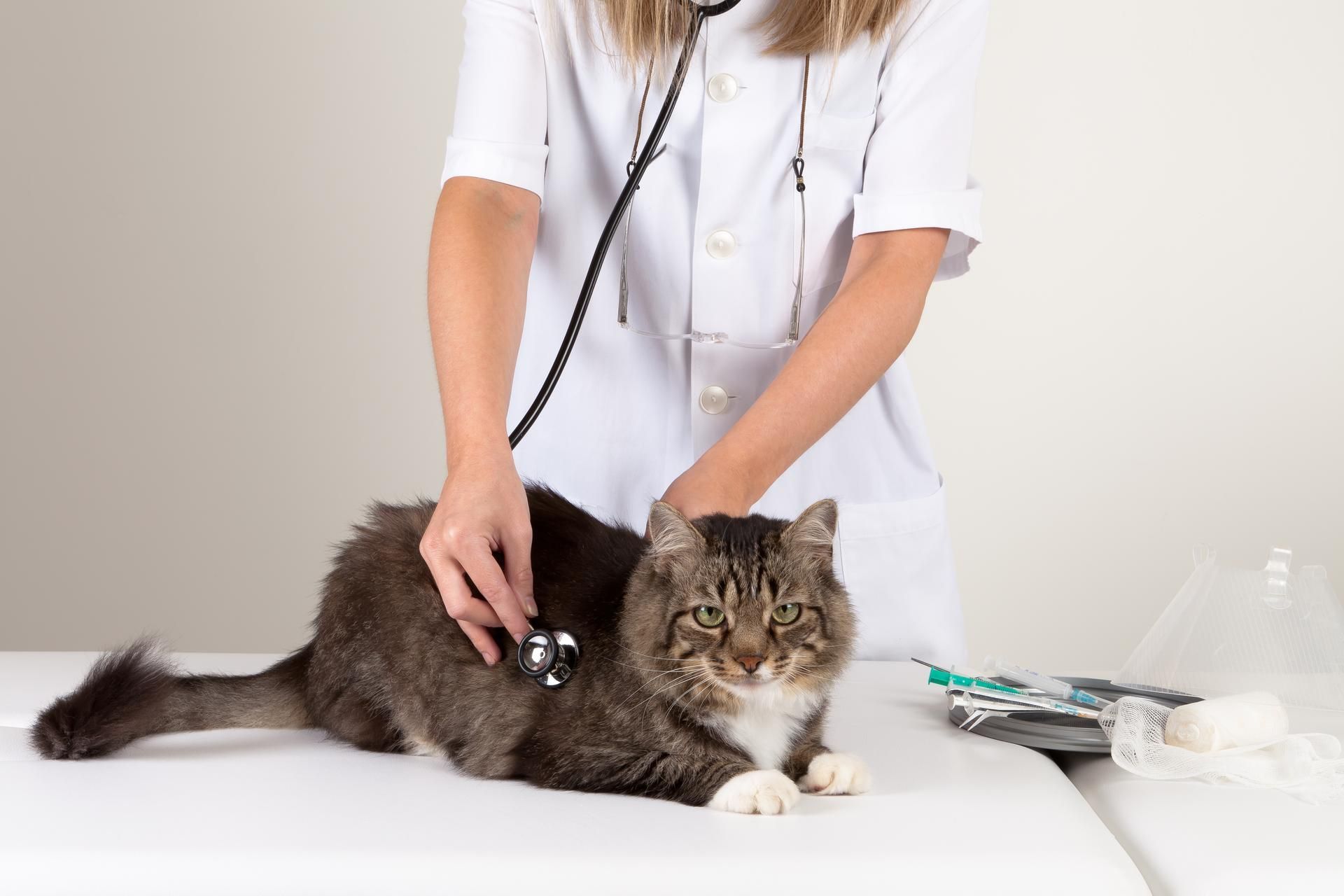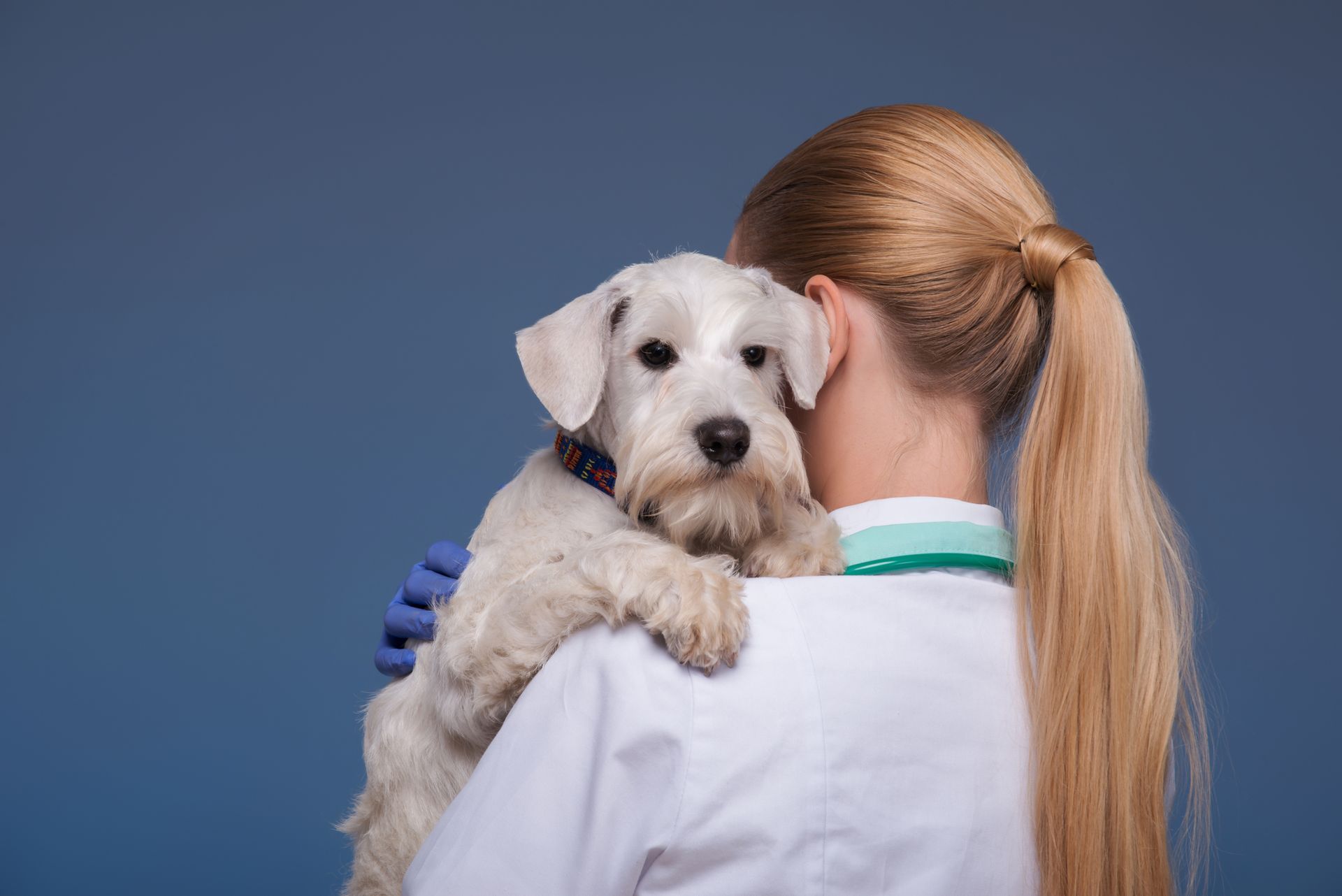Your Dog's Twilight Years: Valuable Tips for Optimal Care

Dogs are dubbed as man's best friend. And if you're a dog owner, you must take good care of them, especially if your furry friend is aging. As your dog ages, they begin to slow down, develop certain health conditions, and require extra care and attention. These changes can be challenging to both you and your dog, but with proper care, you can help them live their golden years comfortably.
Thankfully, caring for your aging dog isn't rocket science. Discover some valuable tips to help you care for your aging dog and help them to live a long, happy, and healthy life.
Regular Visits to the Vet
Regular visits to the vet are crucial for the overall health and well-being of your aging dog. As dogs grow older, they're prone to various health conditions such as arthritis, dental diseases, vision problems, and kidney or heart disease. These conditions can be life-threatening, not to mention the discomfort they cause your dog.
Regular vet visits can help diagnose and treat these conditions early, improving your dog's quality of life. Your vet can conduct a thorough examination, perform necessary tests, and offer treatment options to make sure your dog isn't suffering in silence.
The checkups include comprehensive examinations of your dog's eyes, ears, skin, and teeth, which can often be the first places where signs of aging-related issues manifest.
In addition, vets are an invaluable source of information and advice. They can guide you through changes in your dog's life as they age, such as changes in behavior, diet, and physical activity.
Sometimes, these changes might affect your dog's mobility, energy levels, and emotional well-being. Your vet can offer guidance to make these changes more manageable for you and your furry friend.
Regular visits can often involve nutritional counseling, weight management advice, and suggestions for improving your dog's quality of life. Your vet can also advise on managing any pain or discomfort your dog may be experiencing due to age-related conditions. This can help you make informed decisions about your dog's care and ensure they're as comfortable as possible.
Comfortable Living Environment
As dogs get older, their physical abilities and sensory perception can deteriorate. They might experience difficulties navigating their surroundings, which they once did with ease. This can lead to increased stress and anxiety levels as the world becomes a more challenging place for them.
Adapting their environment to cater to these changes can significantly reduce anxiety, avoid accidents, and improve their overall quality of life. For example, you could install ramps or non-slip mats to help your dog get around easily, especially if they have joint problems. You can also make sure the living space is well-lit and free of obstacles that may pose a risk to your dog's safety.
In addition, a comfortable living environment can help alleviate symptoms of some age-related conditions. For instance, orthopedic dog beds can support dogs suffering from arthritis or joint issues, making rest and sleep more comfortable. This is especially important for an aging dog, as they may spend more time sleeping and resting.
Likewise, ensuring your home is warm can help alleviate stiffness in the joints. You can also place food bowls and dog beds on the same floor if you have a dog with mobility issues. With these adjustments, you're not just enhancing your dog's comfort but also promoting their independence, dignity, and happiness in their twilight years.
Need more information on how to care for your aging dog? Schedule an appointment with us at South Seattle Veterinary Hospital. We can help treat, manage, and prevent age-related conditions to help your dog live a long, happy, and comfortable life. Remember that your furry friend has been there for you through thick and thin. Now it's your turn to return the favor by giving them the care they deserve in their golden years.
206-242-8338











